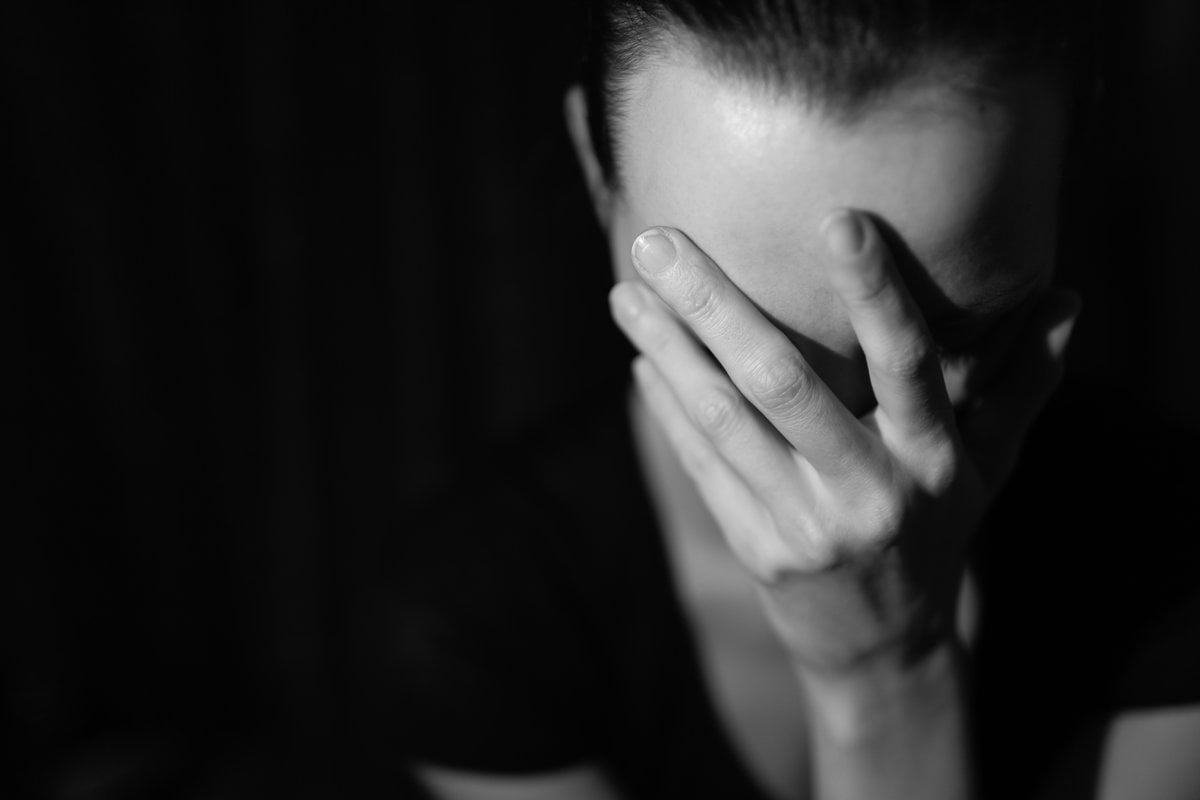
This post deals with rape and sexual assault and might be triggering for some readers.
I am no longer ashamed to reveal that violence has occurred in four of my intimate relationships. Each of those partners raped me. Except for the fourth, I did not even realise at the time that I had been raped.
About one in three Australian women over the age of 15 have experienced physical or sexual violence at some time in their lives, although what these statistics don’t reveal is that a woman may experience such violence more than once.
Watch: Sexual assault survivor and advocate Grace Tame on the power of abuse survivors' stories. Post continues after video.
Although all rapes are violent and traumatic, what I experienced was towards the least violent end of the continuum. They were over quickly, left no bruises or bleeding. I was not forcibly pinned down. Just men laying on top of me, having their way when I had clearly not consented.
I had said: No; Stop; I am not ready; What are you doing? (when I was woken up in the middle of the night whilst sleeping alone in a downstairs bedroom).
I was told: It is my right; No woman has ever said no to me; This will make you feel better.

Top Comments
However, I find myself intrigued to know what men are thinking now. Many woman are admitting to themselves that they have been raped by people they love and trusted.
How many men will be admitting to themselves that they have raped women whom they loved or liked when they believed that they were the kind of man who'd never do that?
It's hard to be raped. Is it hard to admit to be a rapist? Will is leave a deep psychological scar to despise yourself?
Is this why so many men will be in denial?
Do we need to help with the narrative for men? Or will that be seen as minimising the harm done to the victims? I am a pragmatist. I'd rather men admit to making an historical mistake (not rape) if it leads to future men accepting that today that same behaviour is definitely rape.